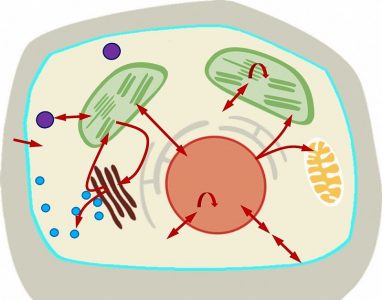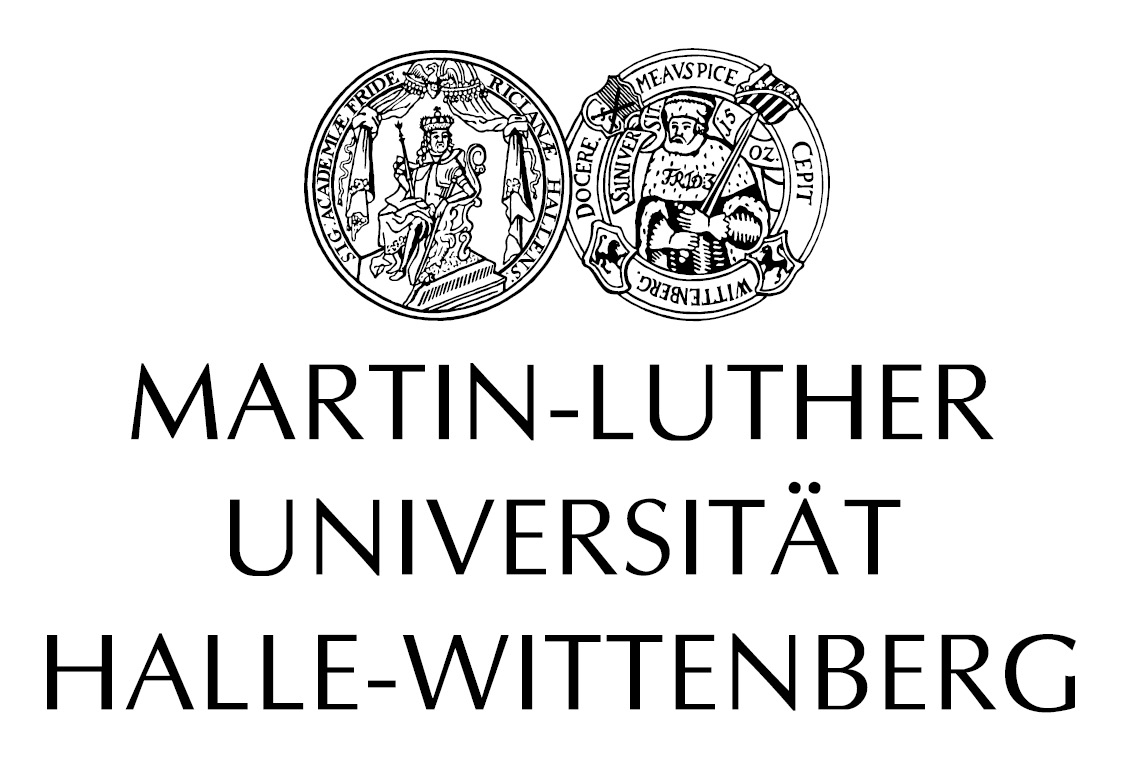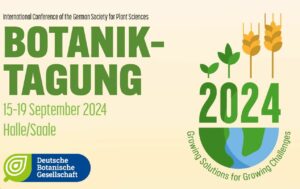Communication and Dynamics of Plant Cell Compartments
The Research Training Group (RTG) 2498 is a structured education program, funded by the DFG. It provides aspiring graduate students with a stimulating and interdisciplinary scientific environment, which allows them to perform high quality research on a common theme. The research focus of the new RTG 2498 centers on the dynamic interplay of plant cell compartments, such as plastids and nuclei, which are key factors defining the properties of plant cells. The unifying research hypothesis of the projects is that the control of key physiological processes during plant development or environmental adaptation involves the coordinated action of organelles. So far, studies of plant cell compartments have mostly focused on a single type of organelle, leading to a wealth of information regarding its structure, function, and biogenesis.

In contrast, the interaction and coordination of different compartments has not been addressed to any substantial depth. Therefore, the specifically selected projects of the RTG 2498 focuses on processes that functionally link plastids, nuclei and selected other important cell compartments to address the fundamental question of how plant organelles communicate and dynamically associate depending on changing cellular requirements. By focusing on processes that functionally link two or more organelles, we take a necessary step towards understanding the mutual dependency of subcellular compartments with key roles in plant cell physiology.
The research topic of interacting organelles is ideal to promote cooperative research between the groups, as the interdependencies between the organelles are unraveled. The qualification program for the PhD-students of this RTG maximizes their exposure to different experimental approaches, which are pursued by the cooperating research groups. The broad range of alternative experimental approaches is complemented by additional Science Training Courses and Complementary Activities, which will help the PhD-students to develop their scientific profiles and shape their professional personalities. Efficient and successful research will be enabled through support and supervision of the PhD-students by Thesis Committees and their involvement in regular progress and literature seminars, both as participants and co-organizers.



